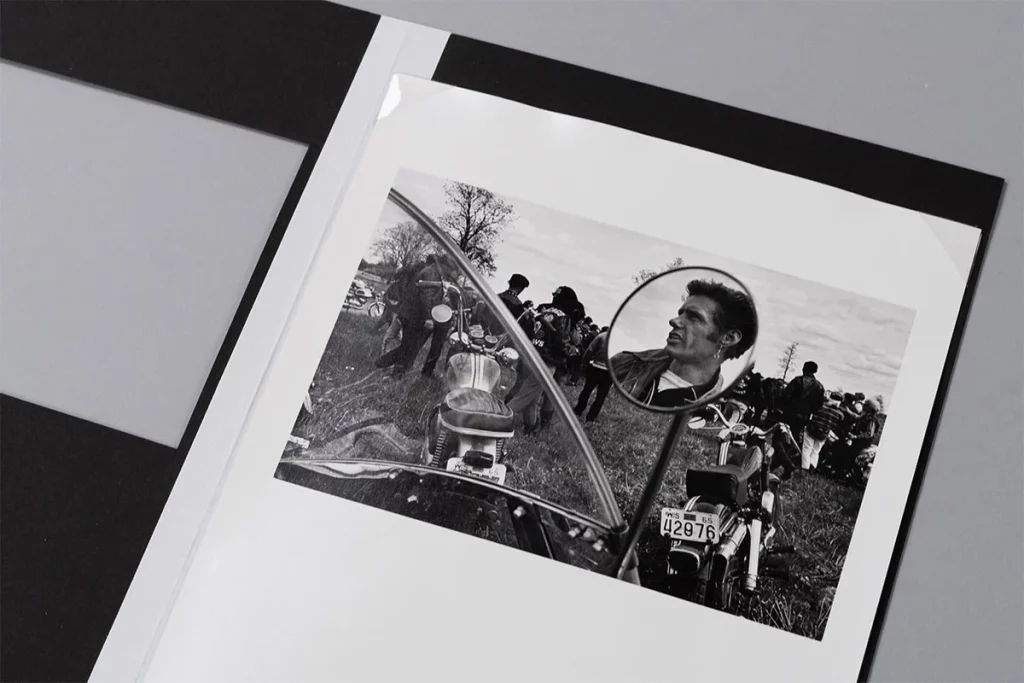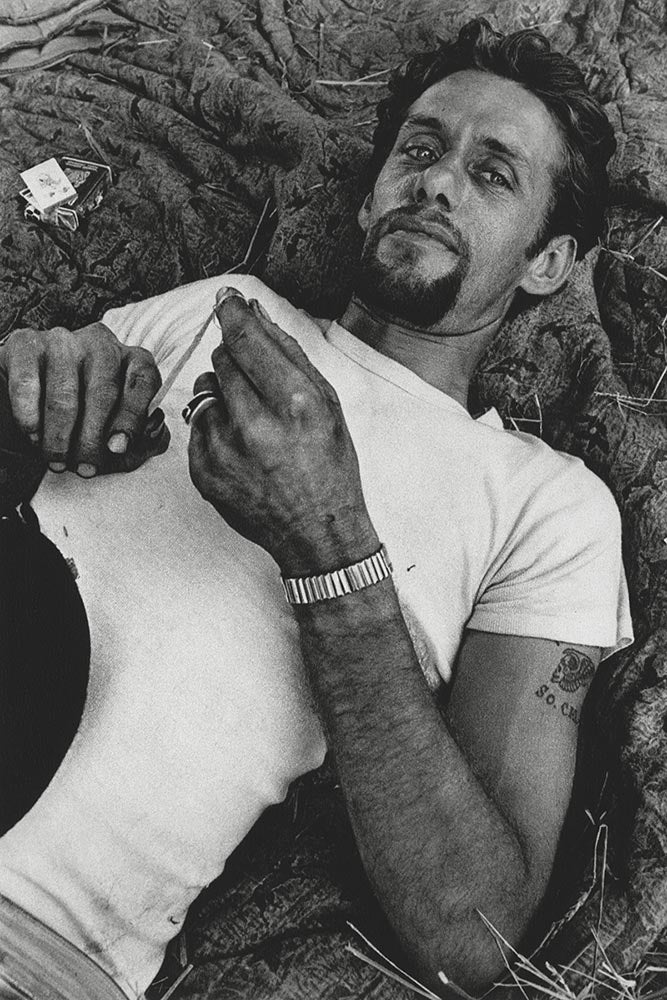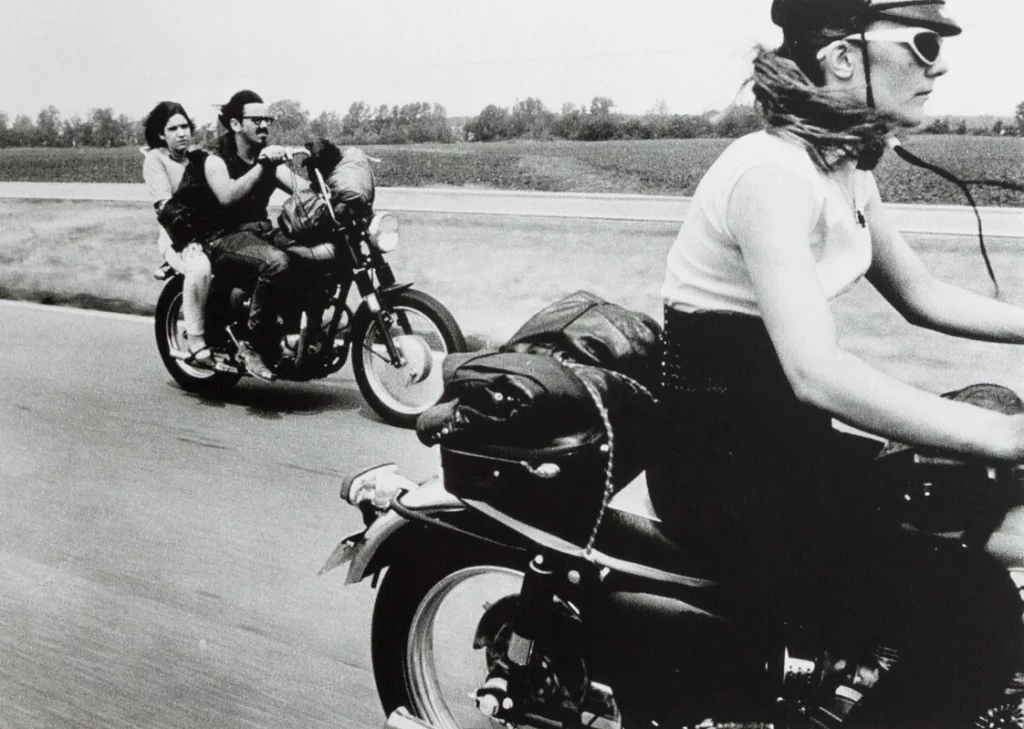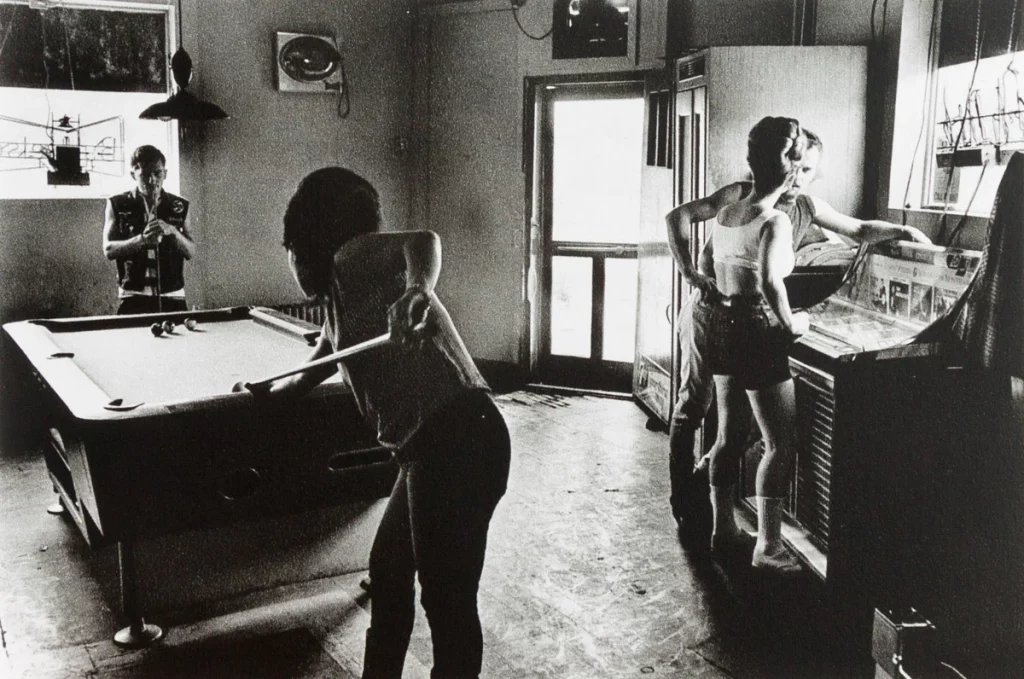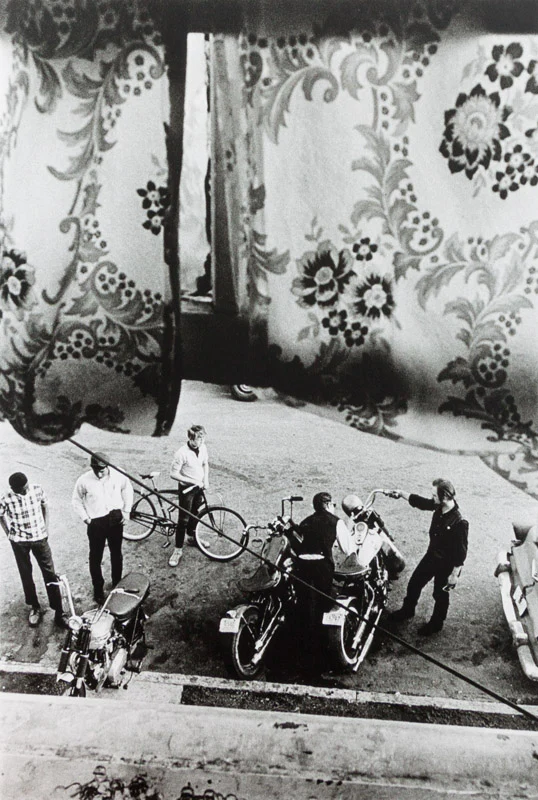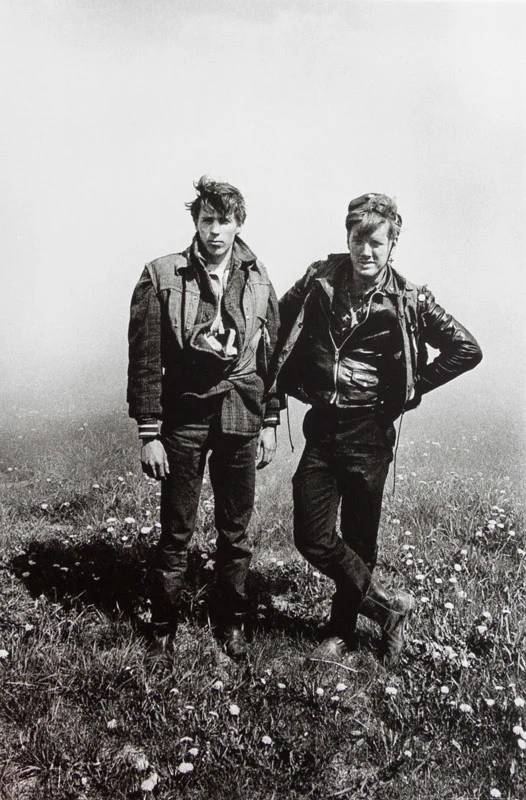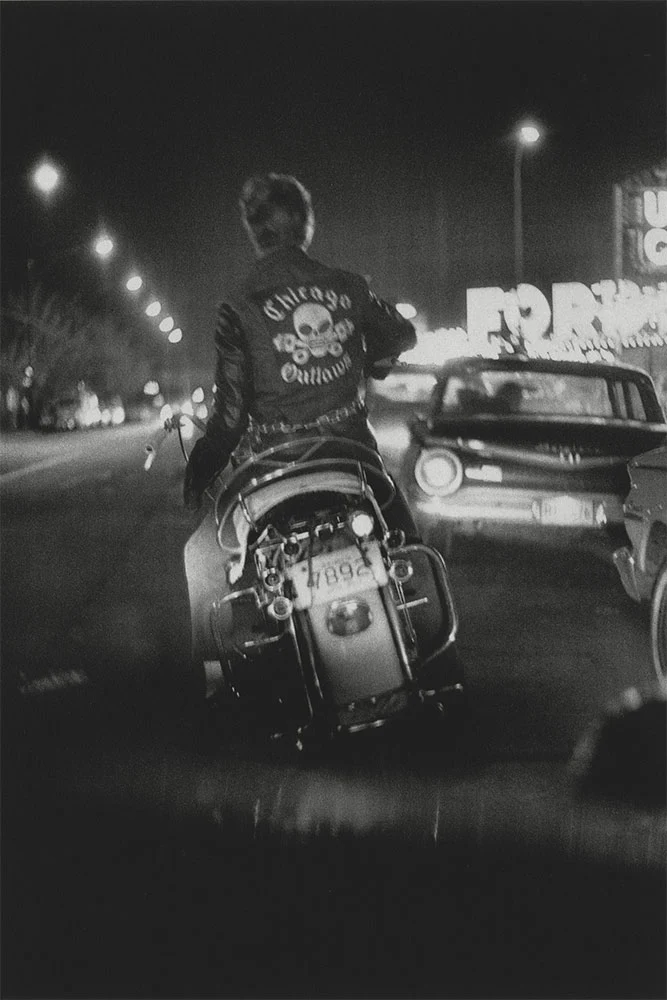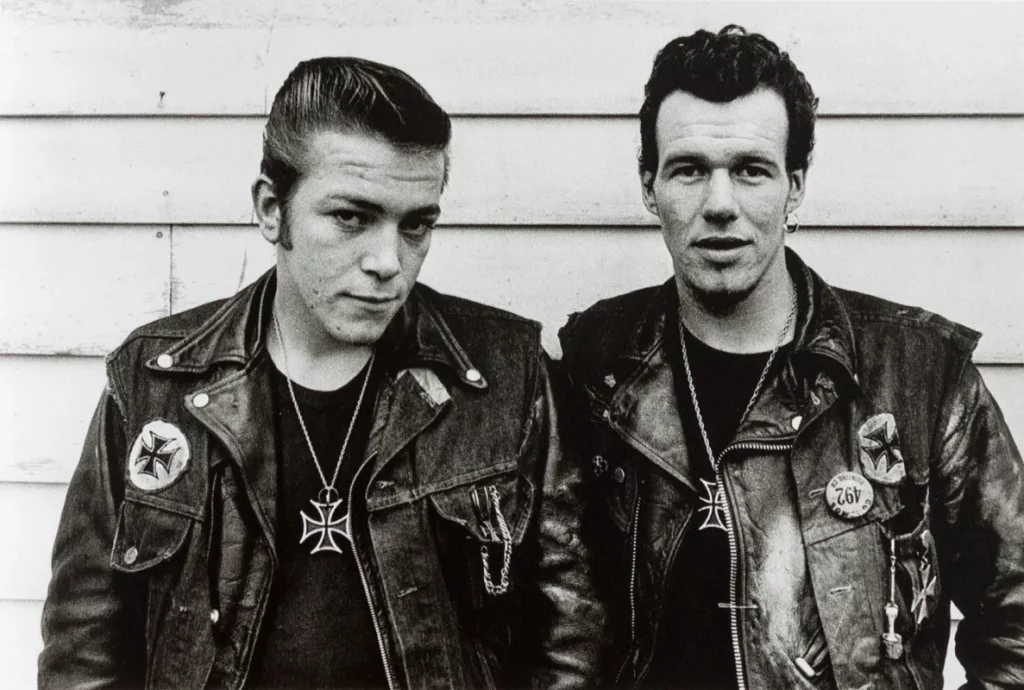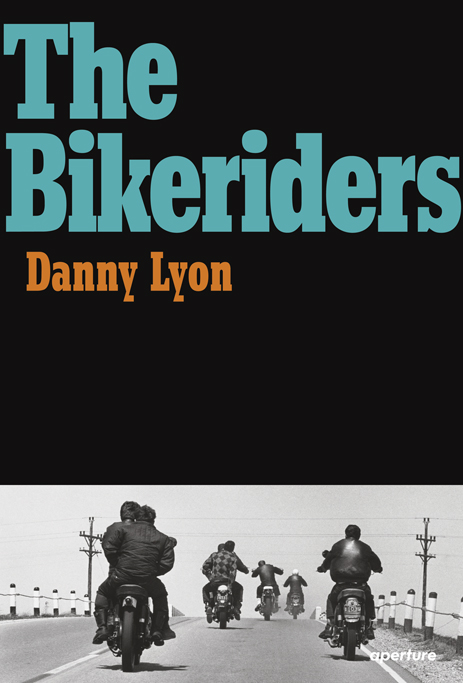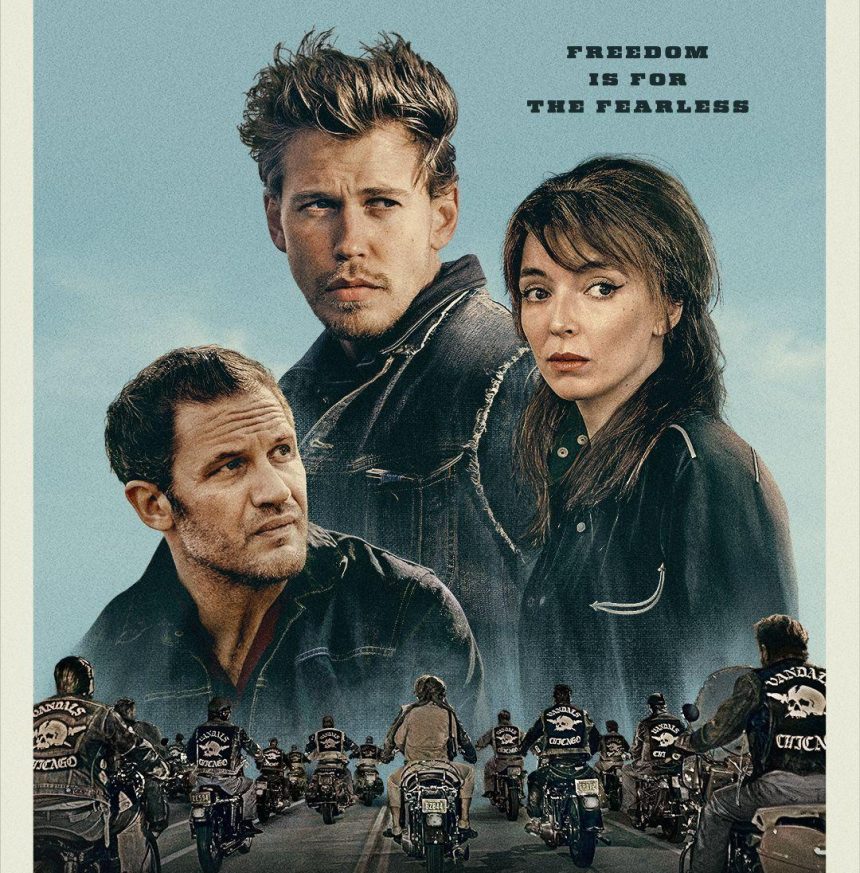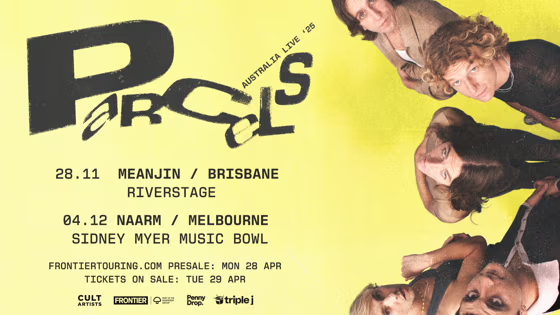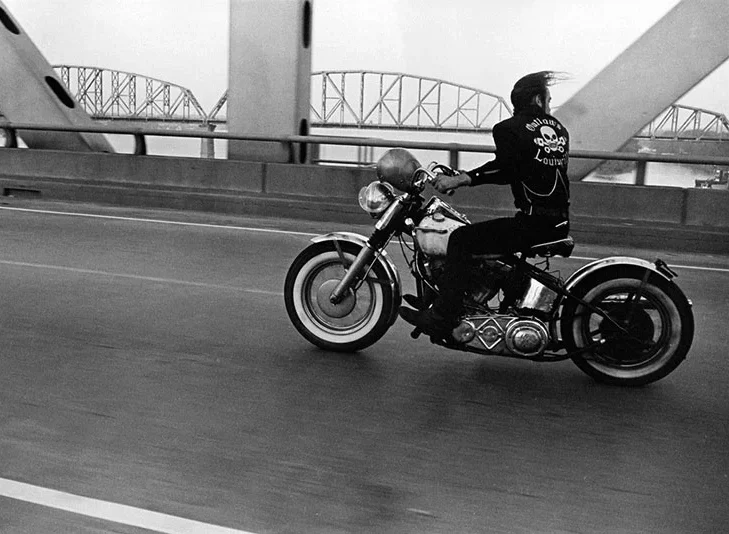
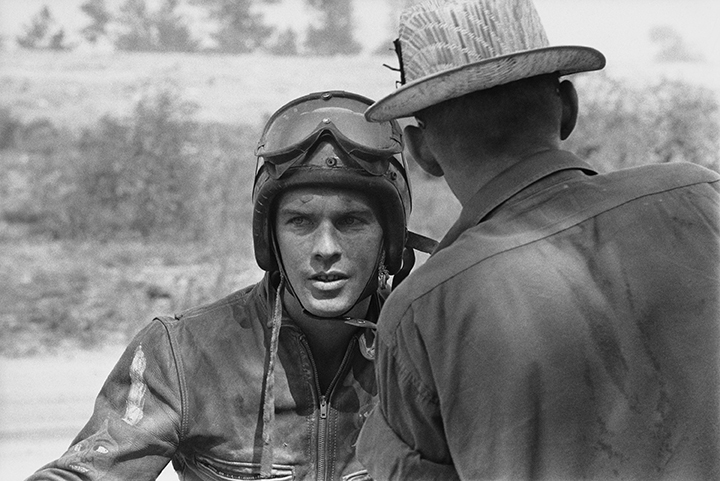
In 1963 Danny Lyon joined the Chicago Outlaws Motorcycle Club, photographing and recording interviews with its members, their partners and their entourages for 4 years. MacMillan Company originally published The Bikerriders photo book in 1968. It quickly went out of print, but came back to life in 1997 via a sheet-fed gravure edition from Twin Palms Publishers, and then the original 1968 book was reissued by Aperture in 2014.
The director Jeff Nichols saw a copy in 2003, and apparently starting mentioning the idea of his own Bikeriders project almost straight away. Twenty years later it’s here, and he certainly has made a film that is a homage to the era and the original work, as Lyon told Lucy McKeon for Aperture, “It’s amazing to sit in a movie theater and watch Tom Hardy and Austin Butler and Jodie Comer speak the lines that I, as a twenty-five-year-old kid, recorded with an analog tape recorder in 1966. They’re the exact same words.”
The film follows the screen version of the biker gang, the Vandals, through their own lifecycle. We go from a relatively stable and organised group, a welcome haven for strays complete with their own family picnics, to a sprawling network threatened by chaotic newcomers who are after the crown and who are too violent even for them. Jodie Comer perfectly plays the northwestern cool-as-a-cucumber Kathy, the love interest of smouldering, broody and quick with his fists Benny, played by Austin Butler. Benny has found a guiding hand in one of the few members of the gang who also holds down a regular job, their leader Johnny, played by Tom Hardy. Johnny seems content with Kathy and Benny’s relationship, but the plot progresses to a tussle between who can get Benny to love them more, and where do his loyalties really lie, his lady or his mates.

Written and directed by Jeff Nichols. Produced by Sarah Green, Brian Kavanaugh-Jones, Arnon Milchan.
Starring Austin Butler, Jodie Comer, Tom Hardy, Michael Shannon, Mike Faist, Norman Reedus, Boyd Holbrook, Damon Herriman, Beau Knapp, Emory Cohen, Karl Glusman and Toby Wallace.
In Australian cinemas 4th July. UK and USA cinemas 21ist June. Premiered at the 50th Telluride Film Festival. Was nominee for Best Film Opening in 2024 at Indiewire Critic’s Poll and at Mill Valley Film Festival was winner of MVFF Award for Directing. Screened at AFI Fest, BFI London Film Festival, Austin Film Festival and Sydney Film Festival.
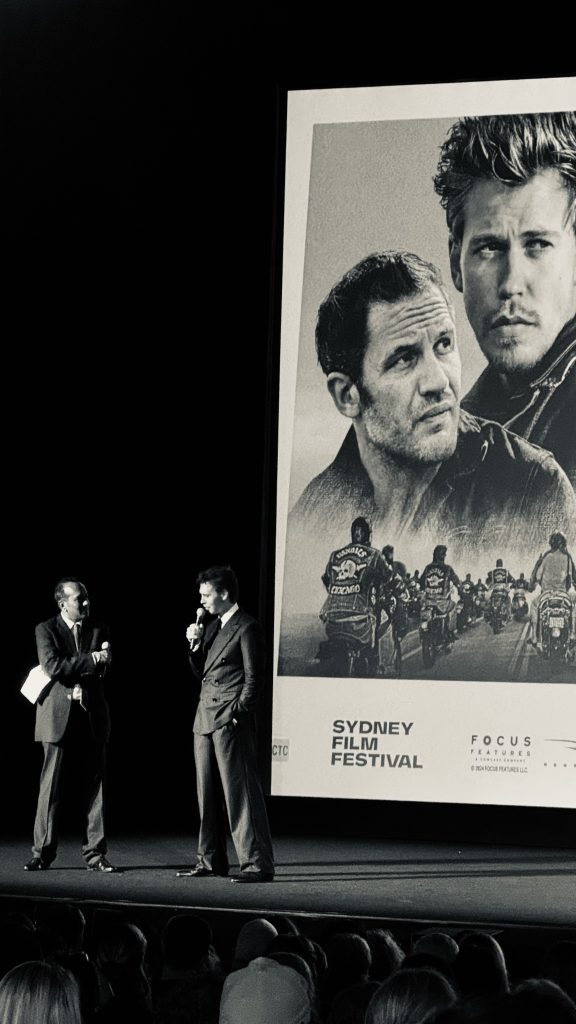
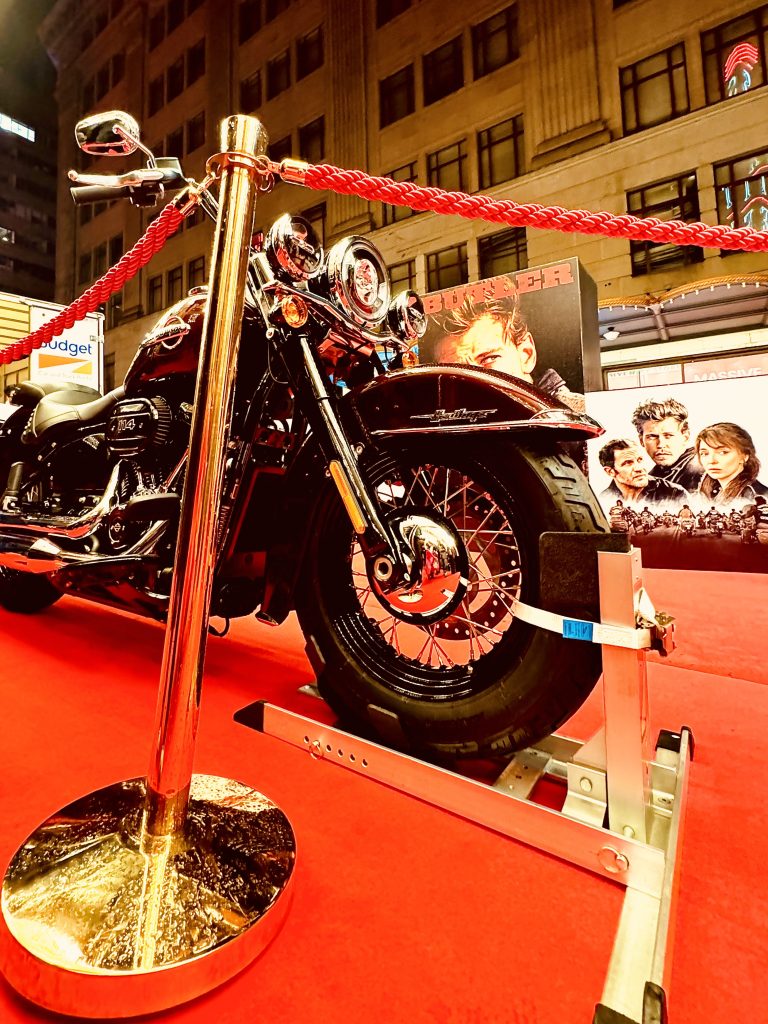
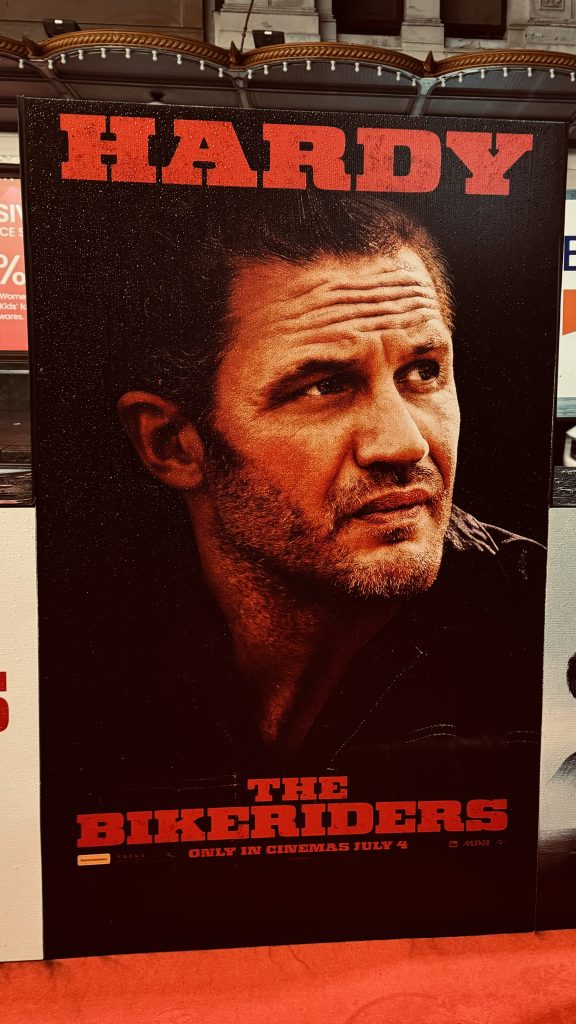
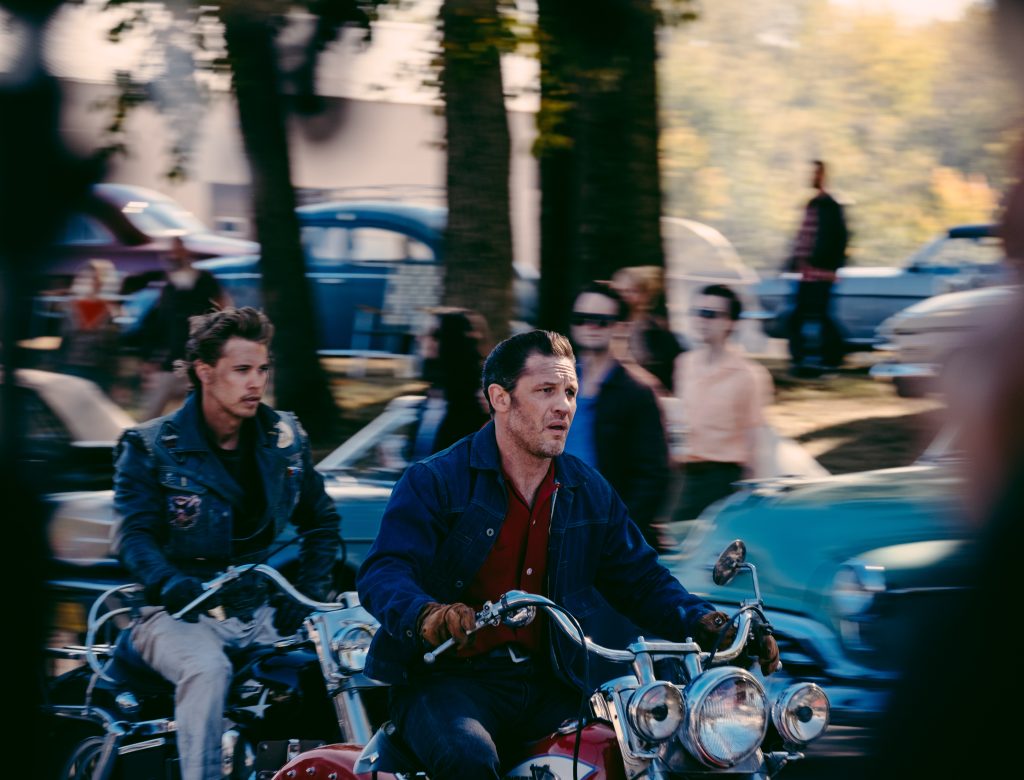
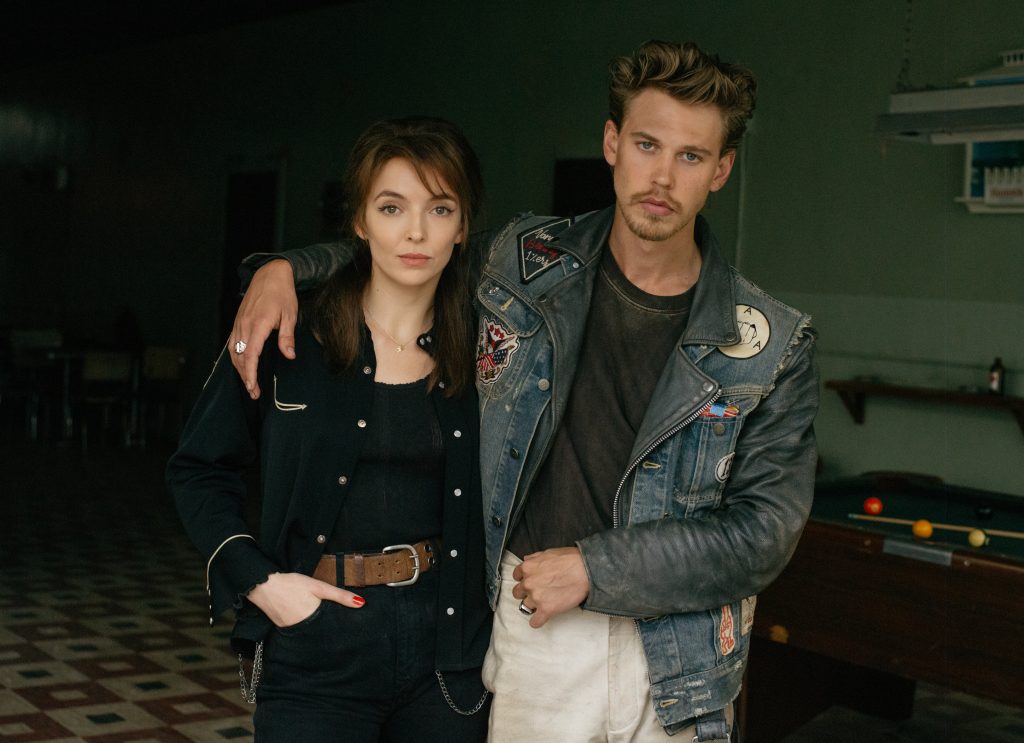
This is all perfect for Benny, who is drinking up the attention, and it is left to Kathy, who acts as a narrator by cutting back to her interviews with Lyon, to point out how childish it can all get. Of course in this era, male pride was basically protected at all costs, so what she says to Lyon over a long drawer of a cigarette, is never directly voiced to the male protagonists calmly, although it is alluded to in some of the rows.
In lesser hands, the plot might not have appeal across an audience demographic, but the whole cast is so mesmerizing on screen, it’s impossible to look away. 1960s bravado, naiveté, gender politics, music, wars, hairdos, violence and outfits are all perfectly captured like a time capsule, even if the bigger ideas of the era and how they relate to these working class communities could have been expanded upon. But even that lends the film a quality of a photo-essay, much like the original. As Danny Lyon says in the text, “This is a personal record, dealing mostly with bikeriders whom I know and care for. If anything has guided this work beyond the facts of the worlds presented it is what I have come to believe is the spirit of the bikeriders: the spirit of the hand that twists open the throttle on the crackling engines of big bikes and rides them on racetracks or through traffic or, on occasion, into oblivion.“
Adam Stone’s cinematography casts stunning lights and shadows over the Midwestern scenery, the gleam of the Harley Davidson’s and their mini Ape hanger handlebars, the gloomy dangerous drinking dens, the cornfields, and the desperation to belong to something. In absolute keeping and a true tribute to Bikeriders, both versions of which are currently available from their respective publishers, and both Twin Palms Publishers and Aperture generously allowed Irresistible to include some of the original images included here.
